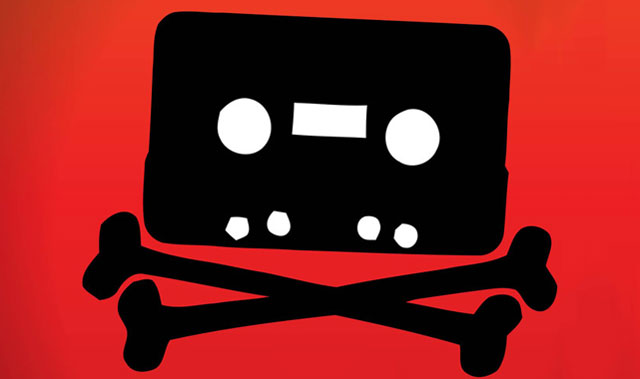
If the music industry is to be believed, music piracy is a huge problem. So far, however, very little has been done to stop it. But we are starting to get an idea of what motivates people to do it. If record labels want to survive, they should start looking at the growing body of evidence about why music lovers continue to refuse to pay.
Although there is some scepticism about a tendency to use students as samples, the bulk of research to date strongly suggests that so-called music pirates are likely to be young males. This group is highly tech savvy and often seen as early adopters of digital services. I also suspect that young men make up a large part of the pirate population because of demand. Young people do, after all, listen to lots of music.
Research by Cybernorms, a group of Swedish scholars from The University of Lund, consistently finds that the vast majority of visitors to well-known site The Pirate Bay are young males. And further research published in The Journal of Socio-Economics finds that women have higher risk perceptions and are more willing to pay for legal alternatives.
This is an important piece of knowledge. It begins to take us beyond a mere profile of offenders and closer to something resembling an understanding of why some people download music illegally and some people don’t.
Music piracy is straightforward and the chances of being caught are slim. The chances of being punished are even slimmer. As a result, music pirates hold an optimism bias. They know a huge number of people engage in the activity and that encourages a belief that they will get away with it. Conservative estimates suggest that around a third of the world has indulged at one time or another, so why should you be the one to get busted?
Criminology tells us the likelihood of punishment is central in deterring people from crime, which might explain the scale of the problem. The latest measures proposed in the UK, for example, merely involve “educating” consumers to choose legal music services. All this adds up to the notion that music piracy is just not a big deal.
In some respects, maybe it isn’t. The music industry argues that piracy has a serious impact on earnings, but there is conflicting evidence about whether that is true. A high-profile review of copyright reform in the UK in 2011 found that reliable evidence on music piracy is scarce.
There is even a substantial body of evidence to suggest that those same individuals engaging in music piracy also spend more money on music legally than those who don’t. They might not pay for the album but they do buy tickets for live gigs.
In my own work I’ve found that positive attitudes towards music piracy were significantly linked with openness to experience (as measured using a personality instrument), once more suggesting music piracy is all about demand.
Despite all this, some very good legitimate alternatives are coming online these days. Music lovers can stream for free and buy MP3s very cheaply so why do they continue to break the law? Music piracy is principally motivated by self-interest. It is cheap, free and convenient. So pirates are probably not that interested in the economic argument against their behaviour.
Aside from the fact that it is low risk and there’s little evidence to suggest that it is bad in economic terms, the answer might lie in the profile of a music pirate. Young men are typically thought of as time rich and cash poor so they are happier to go through the process of finding music illegally than paying for it. And piracy around the world is correlated to lower GDPs so there is a definite financial drive.
Younger populations are also thought of as having looser morals than their elders and women even more so than men. Research findings on this are however unclear. What’s more, research regularly shows that music piracy is significantly linked to low self-control — another trait associated with the young.![]()
Short of making it impossible to pirate — which is, in itself, an impossible challenge — industry bodies must strive to meet the demands of consumers. If the pirate is a young man, then the industry needs to adapt to appeal to him if it wants to win his business. Music has never been cheaper, but there is still a perception that it is over-priced, so making it even less expensive might not be the solution. People no longer want a product, they want a service and they want that service to be worth paying for. In the digital age, music is about context, not content.
- Steven Caldwell Brown is a PhD student in music psychology at Glasgow Caledonian University. His doctoral research explores the cultural and commercial impact of the digital revolution on music listening
- This article was originally published on The Conversation




